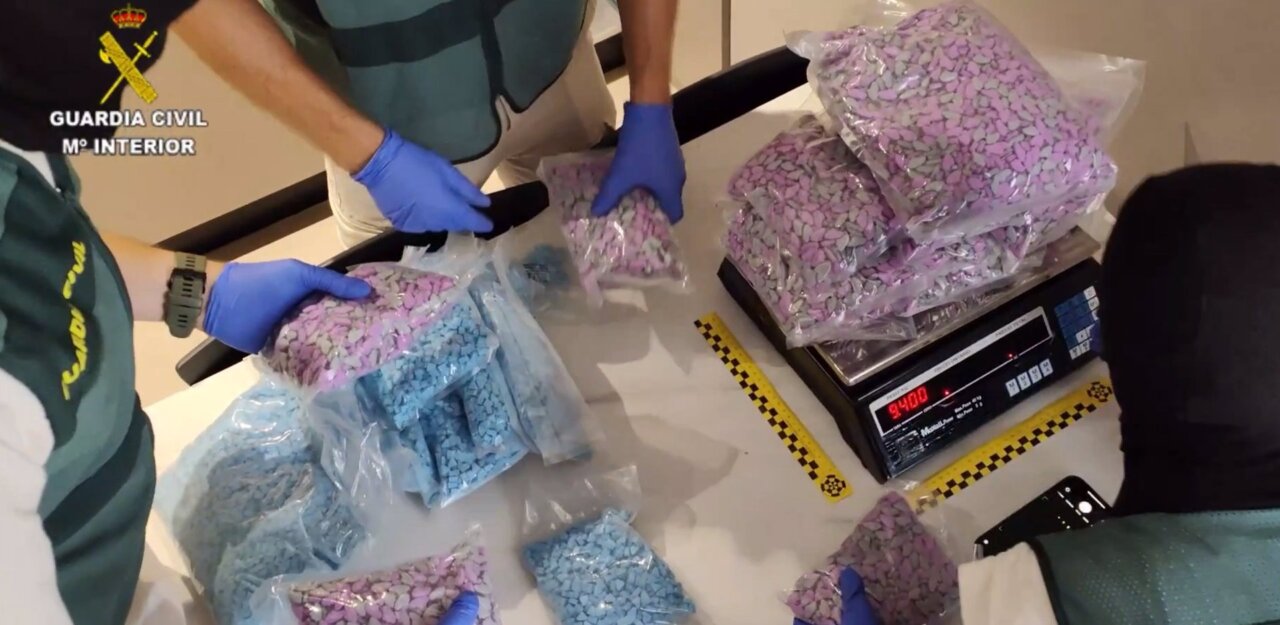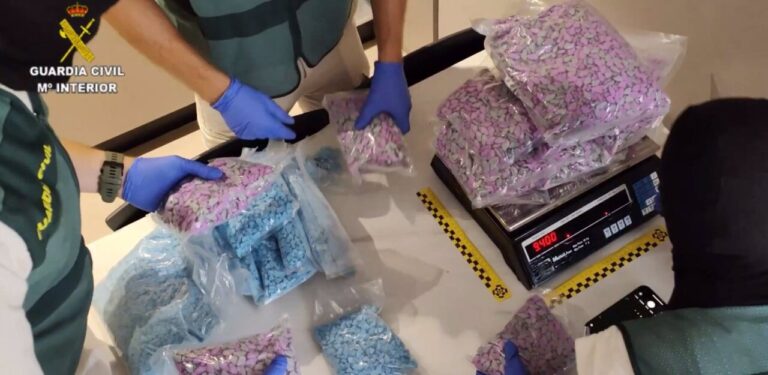Food safety is once again under the spotlight after the health authorities issued a new warning related to the presence of Listeria monocytogenes in certain sausages distributed in chains such as Aldi and Dia.
This situation has reactivated concern among consumers and has led the competent authorities to reinforce their control measures.
What the consumer should do if he has the products at home
The Spanish Agency for Food Safety and Nutrition insists that people who have purchased any of the sausages included in the alert should act quickly. These are ready-to-eat products, so they do not undergo cooking processes capable of eliminating the bacteria. The priority, according to the agency, is to remove any possible source of risk from the home.
-
Check the name of the product and verify if it belongs to the affected brands and lots.
-
Check the expiration date and the information on the container, if still preserved.
-
Completely avoid consumption of the sausages included in the alert.
-
Dispose of them in a safe manner, avoiding contact with other foods.
Although it may seem sufficient to store them in the refrigerator or reserve them for a return, AESAN stresses that it is safest to discard them as soon as possible. These items can maintain the presence of Listeria even when cold, so keeping them poses an unnecessary risk to all members of the household.
The agency also recommends staying tuned for possible updates, as food alerts may be expanded with new lots or brands as the investigation progresses.
What to do if they have already been consumed
For those who have eaten any of the affected sausages, the recommendation is to monitor their own state of health during the following days. Listeria monocytogenes has a variable incubation period, and symptoms do not always appear immediately, so it is important to remain vigilant.
-
Pay attention to signs compatible with listeriosis.
-
Observe for fever, diarrhea or gastrointestinal distress.
-
Seek medical attention if any of these symptoms arise.
In most cases, the infection may manifest itself in a mild form, similar to gastroenteritis. However, the agency stresses that any discomfort after ingestion should be assessed by a health professional, especially if the affected person has previous pathologies or belongs to a risk group.
Given that the symptoms may appear even days later, it is advisable not to rule out the relationship between the consumption of the product and possible health effects, even if some time has passed.
Special warnings for pregnant women
The health agency places special emphasis on recommendations for pregnant women, one of the groups most vulnerable to Listeria infection. During pregnancy, this bacterium can affect the fetus even when the mother hardly shows any symptoms, so caution should be maximized.
-
Consult the specific dietary guidelines for pregnant women issued by AESAN.
-
Avoid sausages and ready-to-eat products included in the alert.
-
Seek medical advice if any of the affected lots have been ingested.
In addition to the specific warning for these sausages, AESAN recalls the importance of maintaining strict hygiene habits and avoiding certain foods during pregnancy to reduce risks associated with dangerous microorganisms. If an implicated product has been consumed, it is not necessary to be alarmed, but it is necessary to inform the health professional for a personalized assessment.
An early consultation allows to rule out complications and to establish an adequate follow-up if necessary.
Prevention: avoid cross-contamination

Beyond the recall of the affected products, the agency insists on the need to reinforce hygiene measures in the kitchen to prevent the bacteria from passing to other foods. Cross-contamination is one of the most common pathways for the spread of pathogens within the home and, in cases such as this, can significantly increase the risk to consumers.
To avoid this, it is essential to carefully disinfect knives, cutting boards, containers and any utensils that have been in contact with the sausages involved. Similarly, it is recommended to thoroughly clean surfaces where these products have been handled and to wash hands thoroughly after handling them, as the bacteria can be easily transferred through direct contact.
Listeria is able to survive even at low temperatures, which makes it a particularly resistant microorganism in environments such as the refrigerator. For this reason, the authorities warn that superficial cleaning is not enough: it is necessary to use suitable products and dedicate the necessary time to ensure the complete disinfection of each potentially contaminated area.







